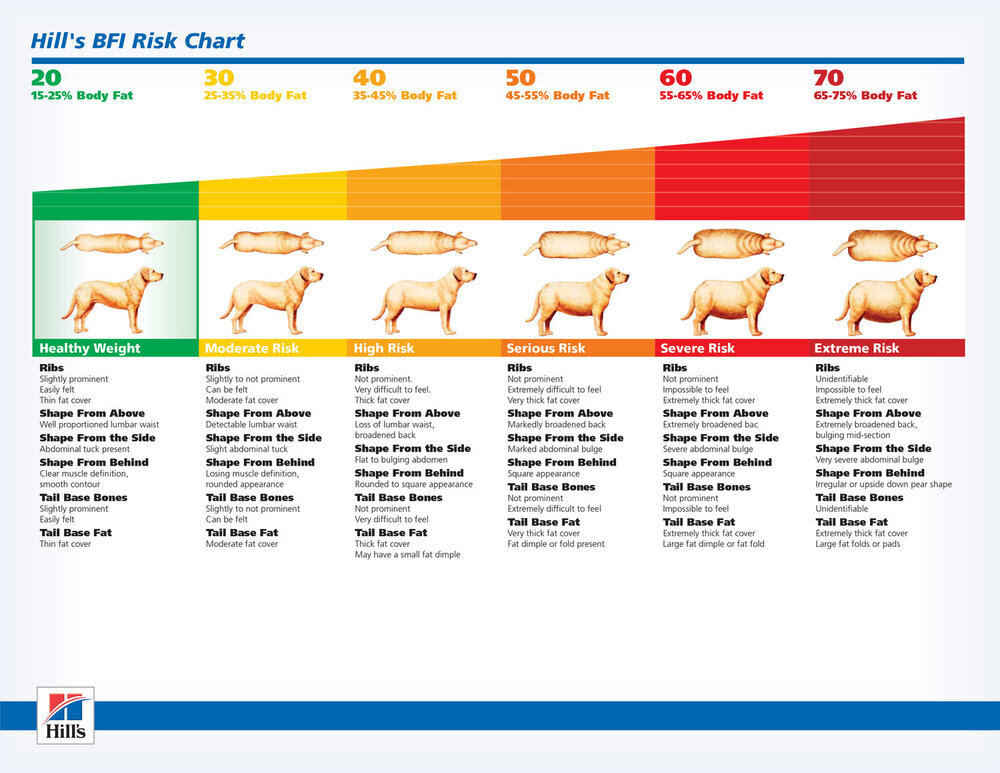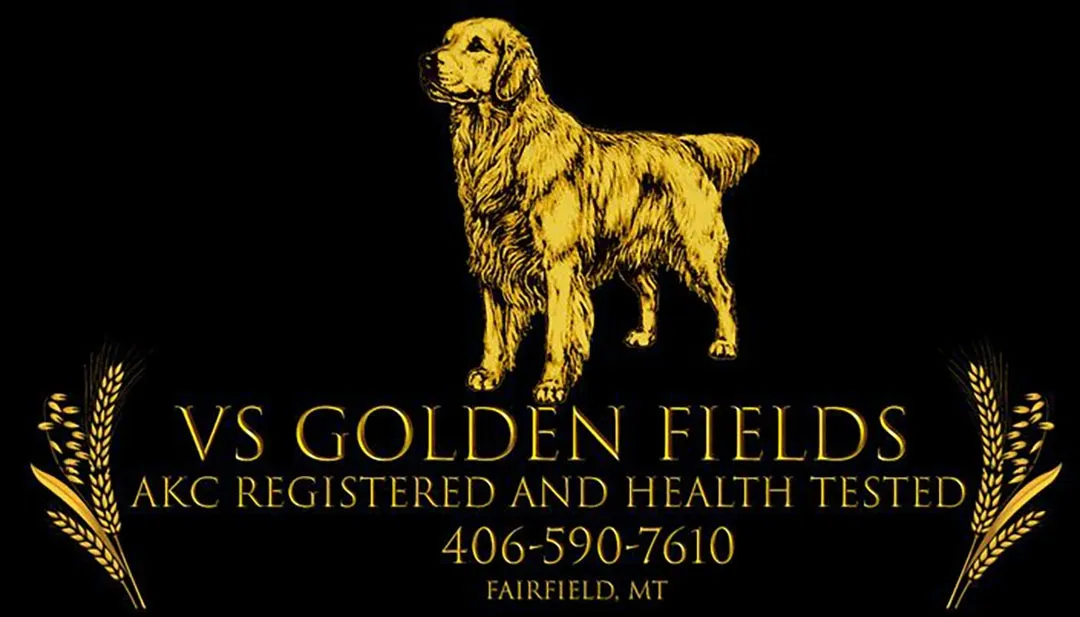vs goldenfields fedding recommendations

Feeding Guidelines for your new puppy:

We strive for ideal weights on all dogs and puppies!
If a puppy is overweight, it affects all the body systems; this can lead to joint deformities as they grow including increased tendencies for hip and elbow dysplasia. It also puts a strain on the heart and other internal organs potentially leading to diabetes and potentially premature death.
To maintain a healthy weight, your puppy must be fed an appropriate amount for their age. Always use an accurate measuring cup for amounts rather than a “scoop.” Puppies or dogs who have the tendency to eat too quickly may require a slow feeder bowl.
Treats or cookies are full of additional calories. While these snacks are okay occasionally, they can lead to obesity. Instead of feeding a treat for training or reward, try using puppy’s kibble. If extra snacks are given throughout the day, make sure to subtract that amount from daily feeding.
What to feed: high quality dry puppy food or large breed puppy food. Avoid using canned food at this age to entice eating.
Examples: Wellness complete health puppy
Life’s Abundance



Ideal Body Weight
Ideal body condition can be determined by patting your puppy’s ribs. They should be easily felt without any excess fat covering. When viewing the puppy from above, they should have a tucked waistline.


Did you know?
It is also important to let large breed dogs rest for 30-60 minutes after eating or drinking large quantities to avoid GDV (gastric dilatation and volvulus) also known as “bloat” or torsion.
Contact your veterinarian with any questions or concerns!
